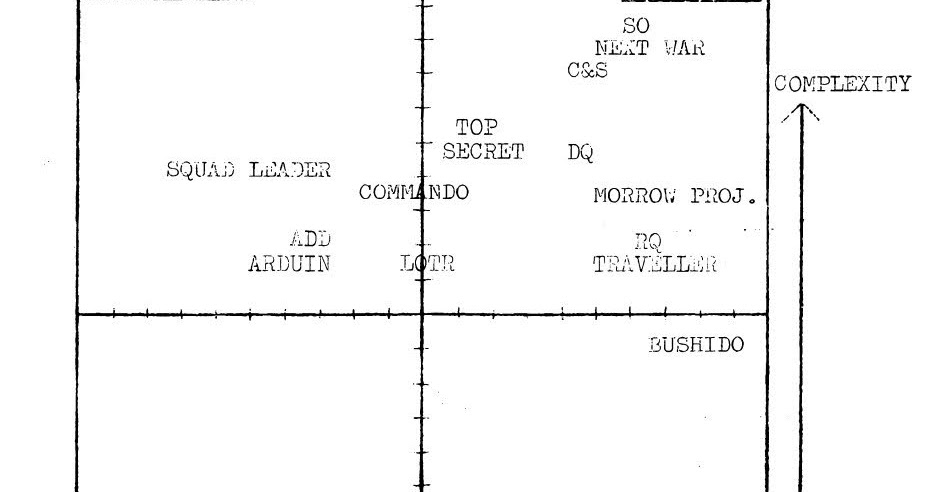I think there are some elements of systems that seem to matter a great deal to some people that are utterly irrelevant to other people.
How many stats you have, how you calculate starting stats, what dice you roll, how you heal, and a pretty staggering number of things we argue about on here that most be people just let go over their head.
One of the reasons I think D&D 5e has done well is for a lot of these areas they’ve said... “we don’t care what method you use. Pick what you like.”
If these are the sorts of discussions that you think are at the core of
system matters that does help explain why you think it doesn't much matter.
This is why
@Campbell described D&D, PF and WHFRP as
basically the same system for the purposes of the discussion about whether or not system matters.
That's not to say that there can't be serious discussion about healing rules in an adventure-oriented RPG. But that discussions will be about the relationship between the passage of ingame time and pacing at the table; how consequences are carried from scene-to-scene; whether ingame time is a player-side resource; who gets to frame scenes; etc. Relatively few discussions on ENworld about healing in D&D address these central questions.
If they were addressed, I think the answer that would emerge would be that the best healing system for D&D as it is generally played would combine aspects of 4e D&D with the core of Prince Valiant: from 4e D&D we would take the idea that healing resources (surges, some powers) are part of what the players are expected to work with during a given episode (be that
an encounter or
a delve); from Prince Valiant we would recognise that, when all the pacing and passage of time and off-screen events between episodes is controlled by the GM, there is no need for any healing rule beyond
it takes as long as the GM says it does.
Part of what encourages the thought that system
doesn't matter is the inclusion, in some RPGs, of stuff that
looks like rules/system but really isn't. For instance, D&D 5e seems to have rules that imply that the passage of ingame time between episodes is a player resource (because it takes so-and-so many hours to have a long rest, which then recharges other resources including spell load-out, which can then be used by players to do stuff). But because there is nothing in the system that constrains GM decision-making around what happens between episodes, it's really not a player resource at all and all those rules about the passage of between-episode time are fundamentally window-dressing.
(I'm going to
@hawkeyefan here, because this elaborates on my reply above about why some RPGers might rationally argue that system doesn't matter.)

 playingattheworld.blogspot.com
playingattheworld.blogspot.com





